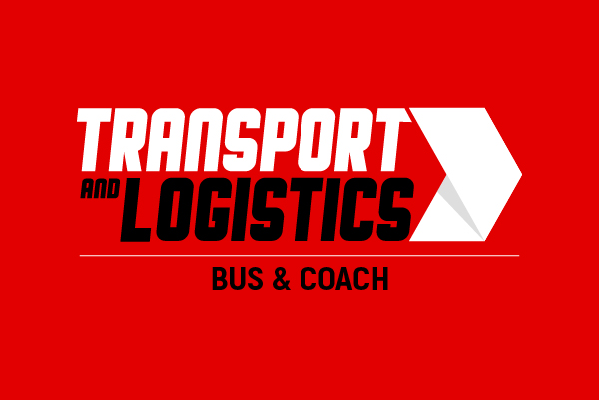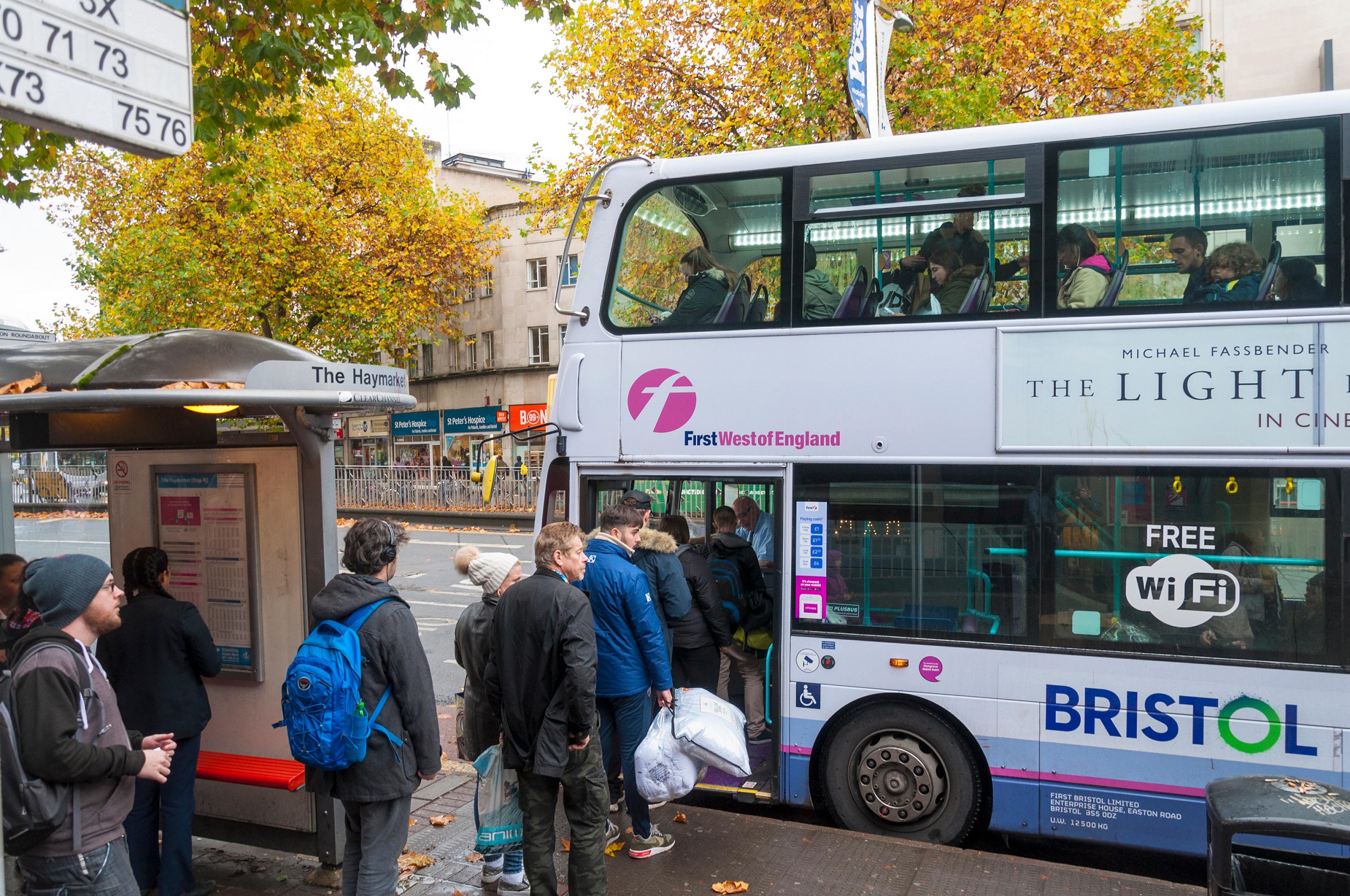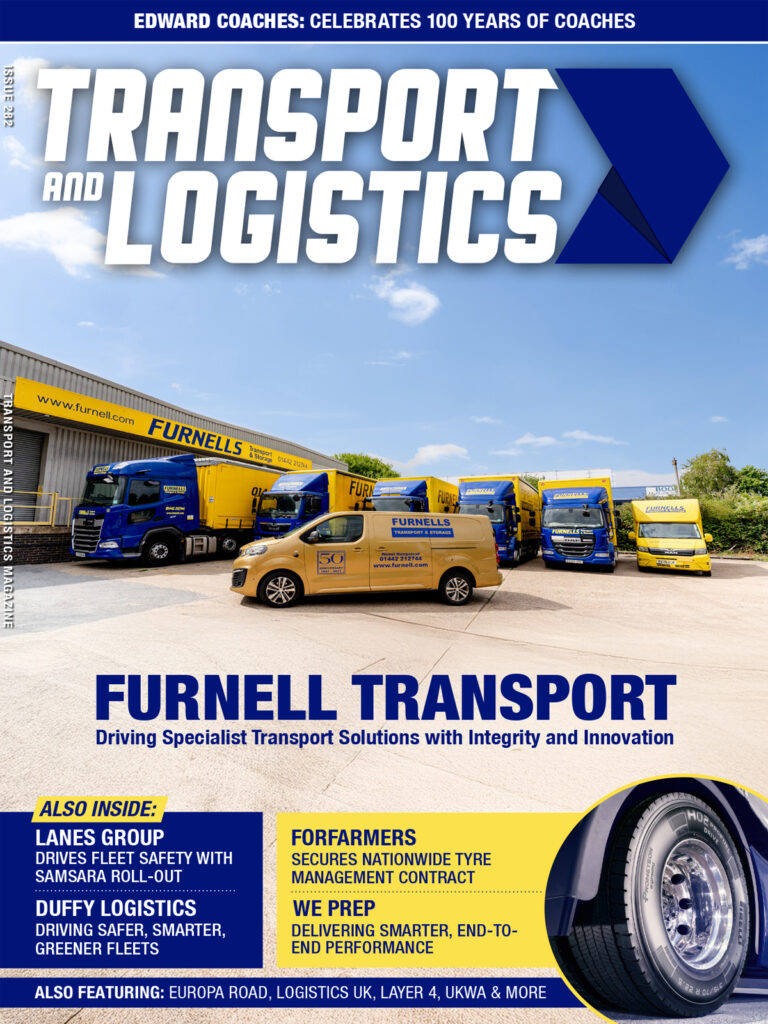To mark World Car Free Day, Mobilityways has released data that shows 10 billion kg of CO2e could be saved if the commute could be made more sustainably, either by walking, cycling, using public transport or car sharing.
Transport is the biggest source of UK carbon emissions. In the UK, the commute accounts for 18 billion kg of CO2e – 25 per cent of transport emissions and five per cent of total emissions. Mobilityways, a new organisation committed to helping businesses achieve zero carbon commuting, analysed travel data for 285,000 commuters across 200 major UK employers – the data highlights there is significant potential for people to commute more sustainably.
The data shows that 42 per cent of commuters could walk or cycle, 46 per cent could use public transport, and 92 per cent have one or more colleagues living within one mile of them who they could share a lift to work with. The average commuter has over five people they could share a lift with within walking distance of their home. But census data for England shows that only 15 per cent of commuters currently walk or cycle, 18 per cent use public transport and just 10 per cent share a car with a co-worker.
According to Mobilityways, the opportunity to reduce commuter emissions is currently being missed. The Department for Transport’s Decarbonising Transport document, published in March 2020, does not mention commuters or the importance of employer travel plans. In addition, current rules for public sector and business greenhouse gas emission reporting do not make the inclusion of commuting and ‘grey fleet’ business miles compulsory, bypassing an important opportunity to incentivise and motivate employers to tackle the issue.
Mobilityways helps organisations plan and implement sustainable commuting solutions. It is launching the UK’s first average commuter emissions level (ACEL) online calculator to help businesses and public sector organisations to make data-driven decisions on mobility planning and policy. Using data from an organisation’s latest travel survey, it identifies the modes of travel that are emitting the highest levels of CO2, and outlines how to lower emissions and meet carbon reduction targets using viable alternatives. Mobilityways also introduces customers to new tools, partners and travel operators to help them achieve zero carbon commuting. Organisations can benchmark their ACEL score against national and local averages.
Increasing average car occupancy on the commute from 1.1 per car to 1.2 per car would take 1.2 million commuting cars off the road, and save 1.2MtCO2e – as much as doubling train use and has lower CO2/pkm (88.5g) than travel by bus (105g).
In addition to the environmental benefits, sustainable commuting also lowers business costs and personal expenses. Mobilityways’ analysis showed that employee satisfaction can be improved by an estimated 22 per cent. Offering a wider range of mobility options makes employees’ commutes more accessible, and less stressful and more enjoyable, and better commuting strategies are also thought to increase hiring and employee retention rates.












